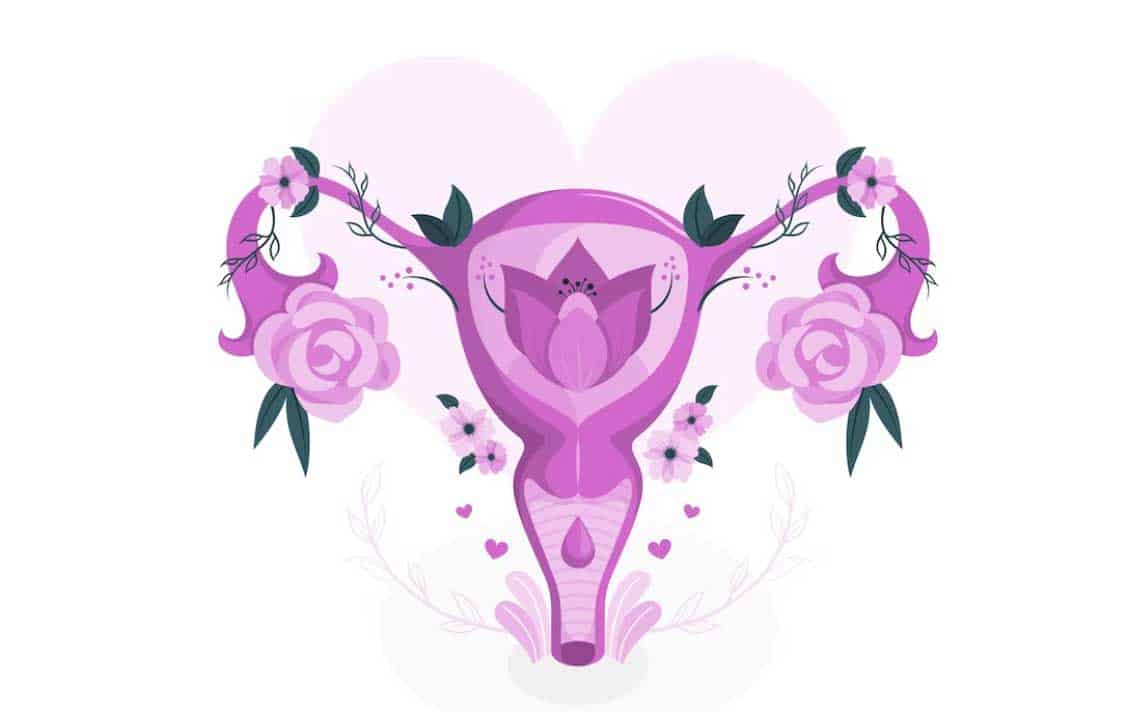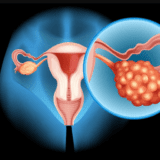PCOS Causes: What Are the First Signs of PCOD?

Polycystic Ovary Syndrome (PCOS) affects up to 1 in 10 women of reproductive age. It’s a hormonal disorder that can cause a range of symptoms, including irregular periods, weight gain, and acne. If you suspect you might have PCOS, it’s important to understand the causes and first signs of PCOD (Polycystic Ovary Disease).
If you are experiencing pain in your lower abdomen or have trouble conceiving, it may be time to talk to your doctor about PCOS. Remember to take care of yourself and seek the support you need to manage this condition. You are strong and capable of overcoming any obstacle.
What Causes PCOS?
The exact cause of PCOS is still unknown, but there are several factors that can contribute to the condition. These include:
- Genetics : PCOS tends to run in families, so if your mother, sister, or aunt has PCOS, you may be at higher risk.
- Insulin resistance : Insulin is a hormone that regulates blood sugar levels. If your body becomes resistant to insulin, it can lead to high insulin levels and increased androgen production, which can cause PCOS symptoms.
- Hormonal imbalances : Women with PCOS have higher levels of androgens (male hormones) than normal. This can lead to irregular periods, acne, and excess hair growth.
- Inflammation : Chronic inflammation can contribute to insulin resistance and hormonal imbalances, which can lead to PCOS.
What Are the First Signs of PCOD?
The signs and symptoms of PCOS can vary from person to person, but some common early signs include:
- Irregular periods : PCOS can cause your menstrual cycle to become irregular or stop altogether.
- Acne : High androgen levels can cause acne to flare up, especially on the face, chest, and upper back.
- Weight gain : PCOS can cause you to gain weight, especially around your midsection.
- Hair loss or excess hair growth : PCOS can cause hair loss on your scalp and excess hair growth on your face, chest, and back.
- Fatigue : PCOS can cause fatigue due to hormonal imbalances and insulin resistance.
Understanding Hormonal Levels and AMH Levels in PCOS
In addition to the signs and symptoms of PCOS, doctors may also measure hormone levels to diagnose the condition. In particular, they may look at levels of:
- Androgens : High levels of androgens can indicate PCOS.
- LH : Women with PCOS often have high levels of luteinizing hormone (LH).
- FSH : Follicle-stimulating hormone (FSH) levels may be normal or low in women with PCOS.
- AMH : Anti-Müllerian hormone (AMH) levels are often elevated in women with PCOS, which can indicate that the ovaries are producing too many follicles.
Conclusion
PCOS is a common hormonal disorder that affects many women. If you suspect you may have PCOS, it’s important to understand the causes and first signs of PCOD. With proper diagnosis and treatment, you can manage your symptoms and improve your quality of life. Lifestyle changes such as a healthy diet and regular exercise can also help manage PCOS symptoms.
If you’re experiencing any of the early signs of PCOS, make an appointment with your healthcare provider to get a proper diagnosis. With early intervention and treatment, you can improve your chances of managing your symptoms and preventing long-term health complications.
In summary, PCOS is a complex hormonal disorder that affects many women, and understanding the causes and early signs of PCOD is crucial for timely diagnosis and management. With the right treatment and lifestyle changes, women with PCOS can lead healthy and fulfilling lives.
FAQs
Q: What are the main causes of PCOS?
A: The exact cause of PCOS is unknown, but genetics, insulin resistance, hormonal imbalances, and inflammation can all contribute to the condition.
Q: What are some early signs of PCOD?
A: Early signs of PCOD may include irregular periods, acne, weight gain, excess hair growth, and fatigue.
Q: What are the hormonal causes of PCOS?
A: Women with PCOS have higher levels of androgens (male hormones) than normal, which can lead to irregular periods, acne, and excess hair growth.
Q: What is the significance of AMH levels in PCOS?
A: Elevated AMH levels in women with PCOS can indicate that the ovaries are producing too many follicles, which can contribute to the development of cysts.
Q: What are some signs of hormone imbalances?
A: Signs of hormone imbalances may include irregular periods, acne, weight gain, hair loss or excess hair growth, fatigue, and mood swings.
Q: What hormonal levels are checked to diagnose PCOS?
A: Doctors may check levels of androgens, LH, FSH, and AMH to diagnose PCOS.
Q: How does PCOS happen?
A: PCOS occurs when there is an imbalance of hormones, particularly androgens, which can lead to cysts on the ovaries and a range of symptoms. The exact cause of this hormonal imbalance is still unknown.






Comments
Trackbacks & Pingbacks
[…] Don't let PCOD symptoms take over your life. Get the right diagnosis and treatment with Hermones.in – the trusted online platform for all your PCOD needs.
[…] is a common condition that affects women in India and around the world. On the other hand, PCOS is less prevalent in comparison. While both conditions can cause fertility problems, PCOD rarely […]